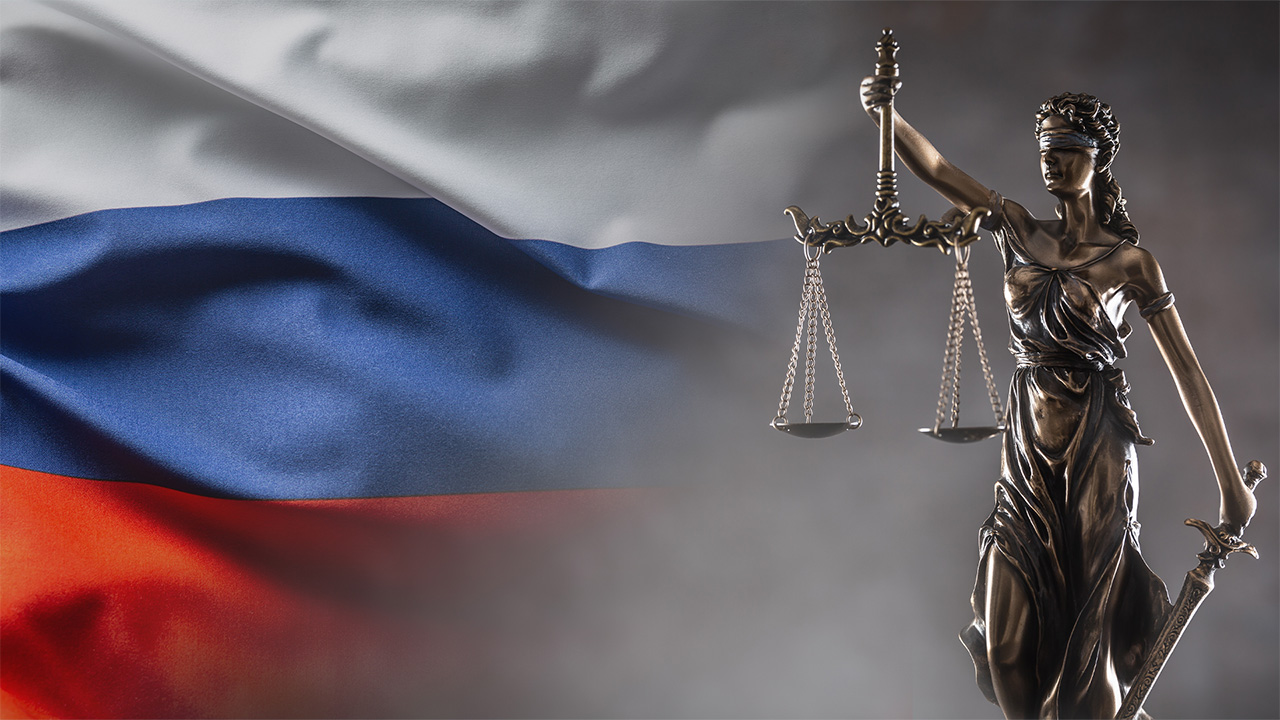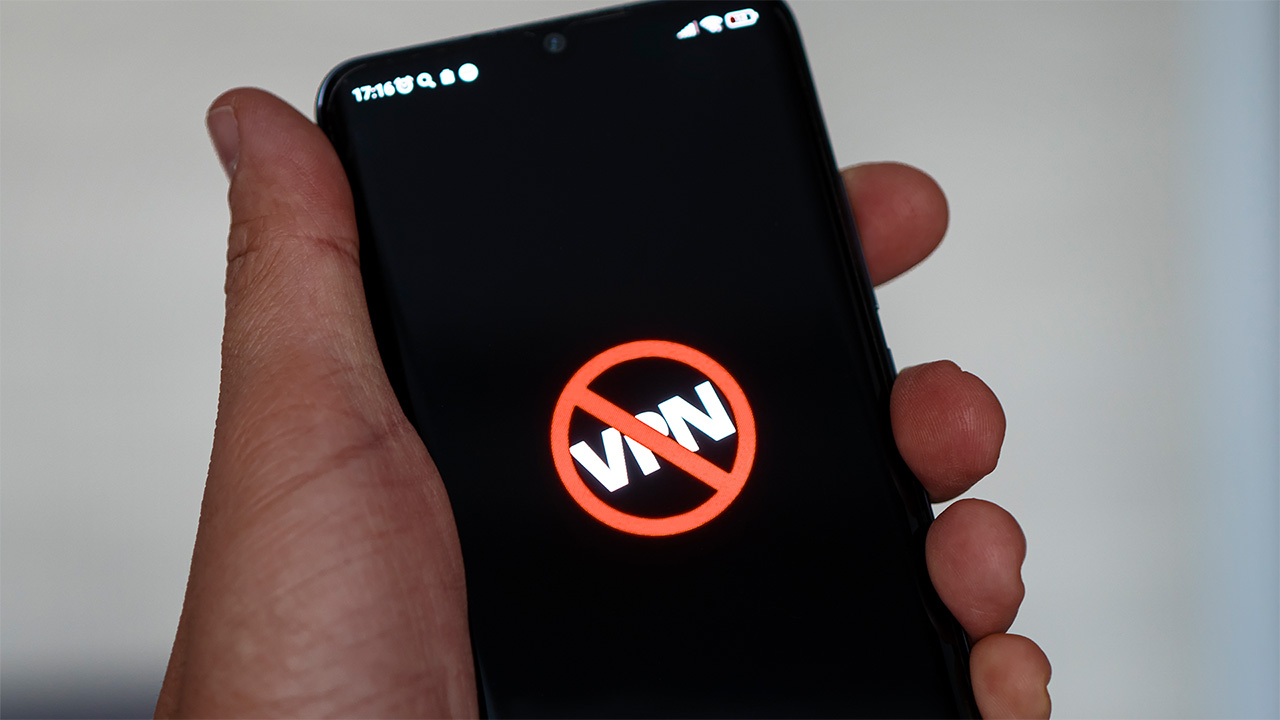Russia looks to expand penalties for VPN usage as 'risks will grow for users'
Authorities could be moving closer to an outright ban

Update: On July 22 2025, Russian lawmakers passed this law. 306 deputies voted for the bill, 67 voted against, and 22 abstained.
Fines can be handed out for advertising VPNs, along with searching for "extremist materials."
In addition, Kremlin sources have indicated it's highly likely WhatsApp will face a block and/or ban in the country.
VPN usage in Russia is once again coming under fire as lawmakers have introduced a bill aiming to criminalize the searching of banned content online.
Amendments tabled seek to expand penalties surrounding the access of "extremist materials" and the tools used to achieve this – of which VPNs are one.
Russia has a long history of attempting to combat the best VPNs and their uses are crucial for bypassing Russia's highly censored and controlled internet infrastructure.
Reports suggest bill No. 755710-8 is its second reading in Russia's State Duma (the Russian parliament's lower house). The newly proposed amendments include fines if you're caught using a VPN to access "extremist materials," promoting VPN services, and operating VPN gateways without registration.
Russian papers have reported that "foreign VPNs won't be banned, but risks will grow for users."
Many leading VPNs work in Russia, including the best Russia VPNs. But should this law pass, even greater caution should be exercised when using them.

Fines of up to $12,000
These proposed amendments don't ban VPNs completely but it sees rules surrounding their use being tightened and criminalized – a worrying sign of things to come.
Fines listed in the bill range from 3,000 rubles (~$34) up to 500,000 rubles (~$5,700). Although other reports state that companies and NGOs could be fined up to one million rubles (~$12,800) in some cases.
Accessing banned content via a VPN could see individuals fined between 3,000 and 5,000 rubles (~$38 to ~$64).
This may set a dangerous precedent. When speaking to Forbes Russia, lawyer Stanislav Seleznev said this is the first time viewing information is being criminalized, not just distributing it.
Individuals found promoting or advertising VPNs and operating unauthorized VPN infrastructure could face fines of between 50,000 to 80,000 rubles (~$570 to ~$910). For officials fines could reach 100,000 rubles (~$1,140) and for legal entities, fines could reach 500,000 rubles (~$5,700).
Russian digital rights group, the Net Freedoms Project, said on Telegram that VPNs were not the original target of this bill and described the amendments as "cunning" tactics. The group said it expected device checks to become more frequent.

There are also questions being raised about what counts as "extremist content." The government could set a broad definition, including material criticizing its actions, encouraging protest, or supporting opposition parties. This could lead to even more arrests, fines, and crackdowns.
Tech companies and telecom operators may be relied upon to share information on what people are accessing with the Russian government, especially if this data isn't already encrypted through a VPN connection.
ISPs, social media companies, and Russian search engines are required by law to cooperate with the Russian government. In 2024, ISPs were issued with a directive ordering them to hand over the names of potential VPN users.
There is a history of tech companies cooperating with the Russian government. In 2024, Apple removed popular VPN apps from the Russian App Store at the request of authorities.
In December 2024, Russia shut down the internet in several regions. This was rumored to be a test of its "sovereign internet structure" and VPNs reportedly were unable to bypass blocks.
Although still in the reading stage, these amendments are cause for concern. If they pass and are acted upon, it would be another nail in the coffin of internet freedoms in Russia. It would then only be a matter of time before VPNs, or at least those not approved by the government, are banned.
Quotes included in this article have been translated from Russian to English.
Follow Tom's Guide on Google News to get our up-to-date news, how-tos, and reviews in your feeds. Make sure to click the Follow button.
We test and review VPN services in the context of legal recreational uses. For example: 1. Accessing a service from another country (subject to the terms and conditions of that service). 2. Protecting your online security and strengthening your online privacy when abroad. We do not support or condone the illegal or malicious use of VPN services. Consuming pirated content that is paid-for is neither endorsed nor approved by Future Publishing.

George is a Staff Writer at Tom's Guide, covering VPN, privacy, and cybersecurity news. He is especially interested in digital rights and censorship, and its interplay with politics. Outside of work, George is passionate about music, Star Wars, and Karate.
You must confirm your public display name before commenting
Please logout and then login again, you will then be prompted to enter your display name.
 Club Benefits
Club Benefits





